#will tudor icons
Text
transparent, FC dash icons: Will Tudor
use as you like, just please reblog this post or credit if using.




1 note
·
View note
Text

He continued to call himself Mairon the Admirable, or Tar-mairon ("King Excellent"), until after Númenor's downfall, although he could not use that name in Númenor, as it was a Quenya name with royal implications. There he was called Zigûr, meaning "Wizard" in Adûnaic.
#the silmarillion#silmarillion#the silm#lord of the rings#lotr#mairon#sauron#annatar#tar mairon#zigur#you all better hype this up i stayed up till 1 am for this#tudor fashion icon mairon#your honor my client just speed up the process of numenor downfall#saint mairon ( that's how he view himself while the city is sinking )#original work : my art
89 notes
·
View notes
Text
I'm gonna do it. I'm literally gonna pit bad bitches against each other.
Most Girlboss™ moments:
Matilda: Fought her cousin Stephen for the throne for fifteen years; escaped imprisonment by dressing in white to blend in with the snow, later imprisoning Stephen himself
Eleanor: Left her husband, the king of France, for being too weak [citation needed] to marry the future King of England, a man eleven years her junior, later rebels against him for being too weak [citation needed]
Isabella: Forcing her husband, Edward II, to abdicate for putting his boyfriends in positions of power, so that she could put HER boyfriend in a position of power
Margaret: Defended her husband's throne personally when he was too mentally ill to do it himself, commanding armies in the Wars of the Roses
Katherine: Acted as Regent for Henry VIII, overseeing a war with Scotland that ended with the death of their king; refused to relinquish her title of queen until her death
Anne: Refused to become the mistress of Henry VIII, holding out to be his queen instead, precipitating and influencing the Protestant Reformation
Mary: Won a rebellion after being excluded from the line of succession, becoming the first English queen regnant to successfully hold the throne
Elizabeth: Survived bastardry and imprisonment to ascend the throne; refused to marry, maintaining absolute agency amd control over a bountiful forty+ year reign
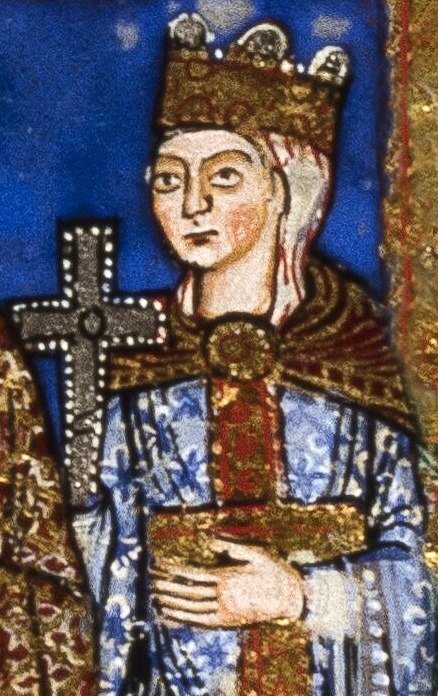
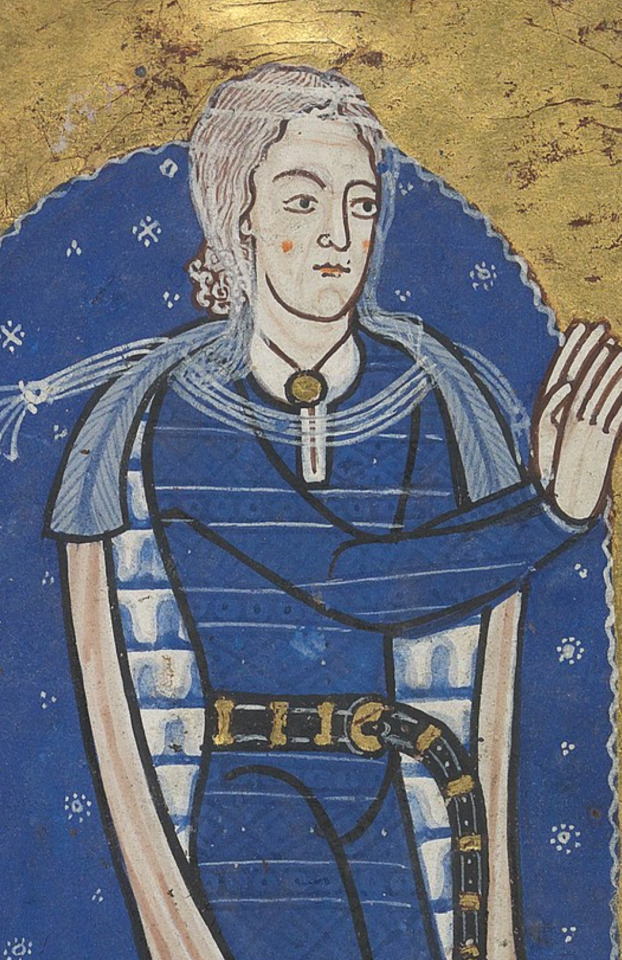
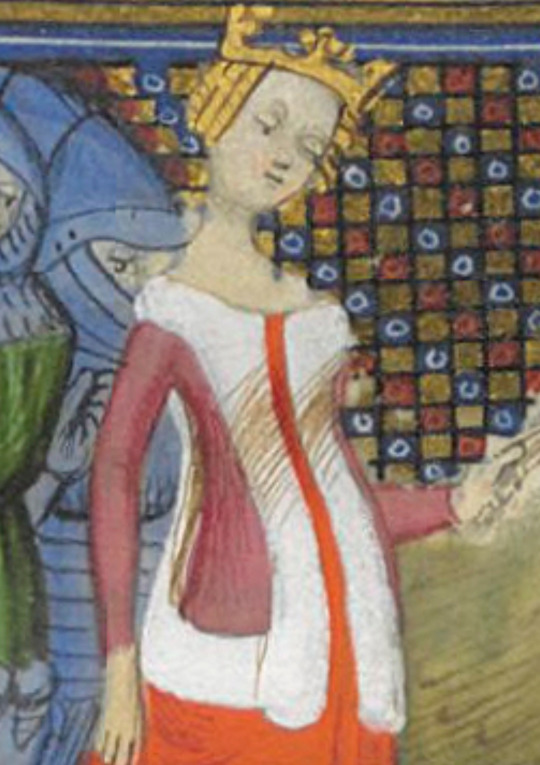

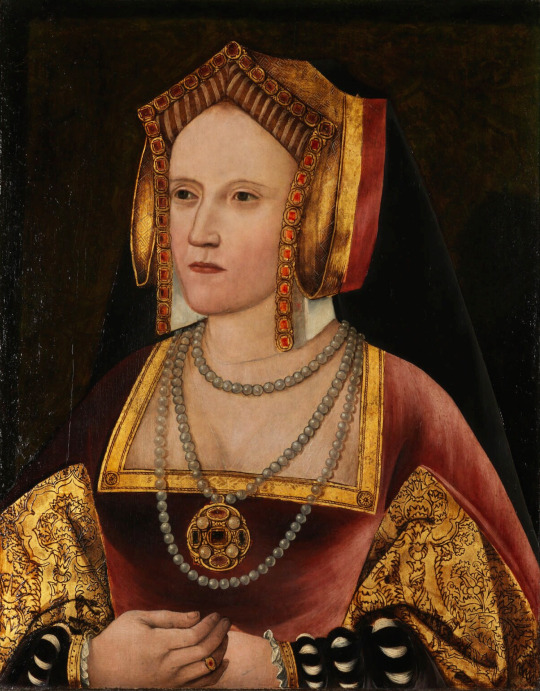


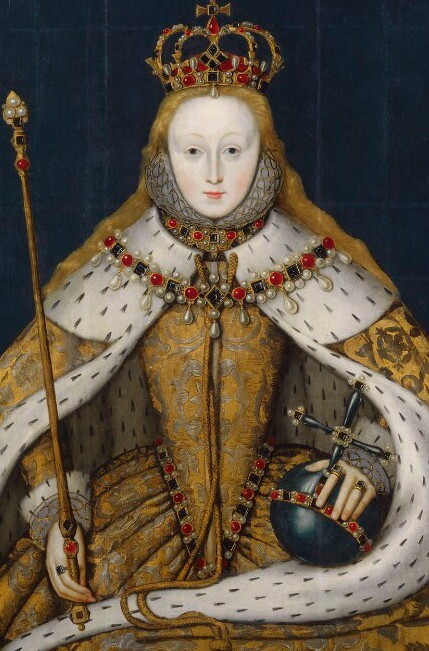
#my icon gives my choice away a bit#but if you say Elizabeth it's hard to argue#note that it's not best or nicest or most successful queen#it is Most Girlboss™#tudors#plantagenets#badass ladies
344 notes
·
View notes
Text


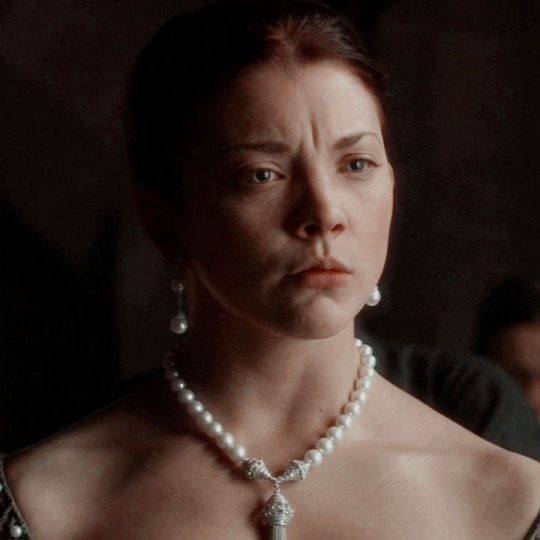


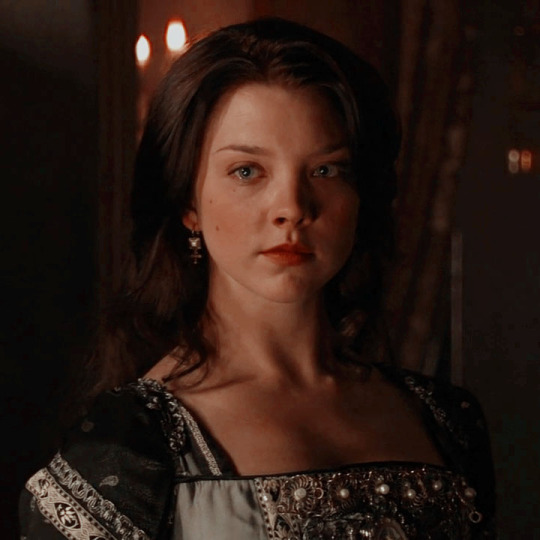
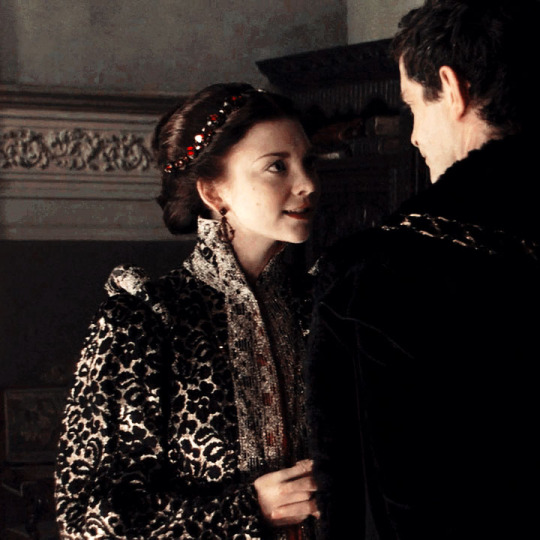

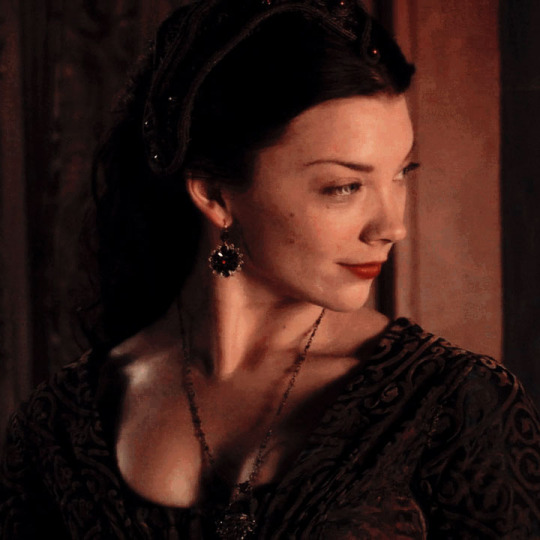
#natalie dormer#natalie dormer icons#anne boleyn icons#anne boleyn#icons with psd#psd icons#the tudors#the tudors icons#tv series#tv series icons#actress icons#actress
57 notes
·
View notes
Text









Elizabeth Tudor - Becoming Elizabeth, S1
#alicia von rittberg#alicia von rittberg icons#icons with psd#psd icons#elizabeth tudor#elizabeth tudor icons#actress icons#actress#tv series#tv series icons#becoming elizabeth#becoming elizabeth icons#becomingelizabethedit#period fc#aliciavonrittbergedit#dailytudors#queen elizabeth
64 notes
·
View notes
Text

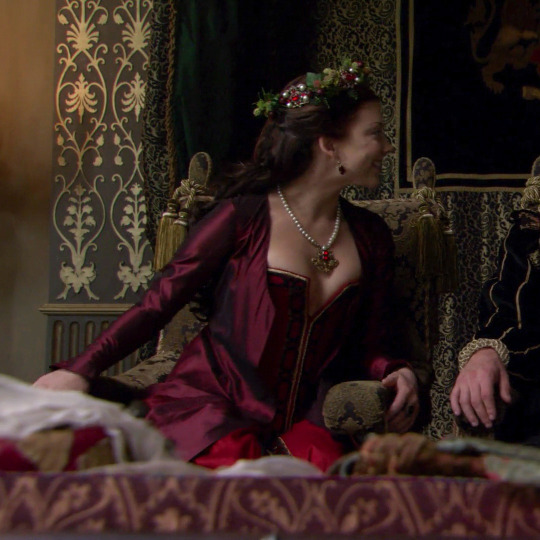





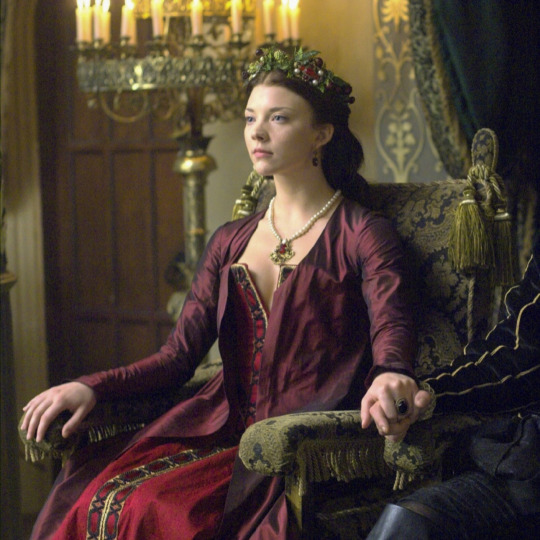


22 notes
·
View notes
Text
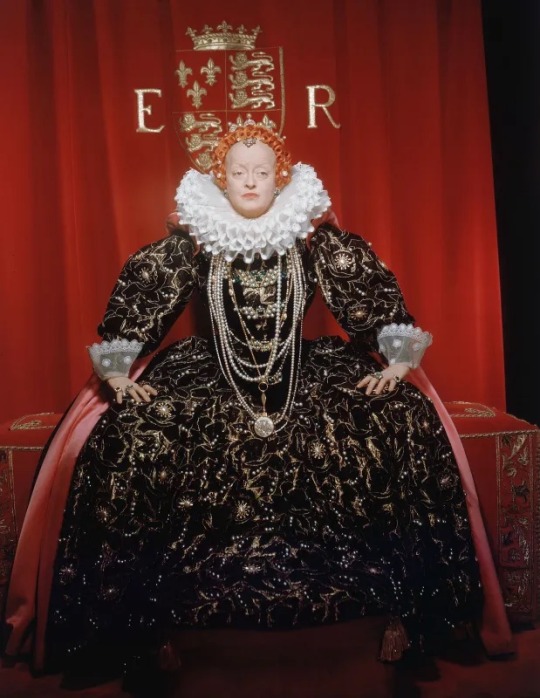
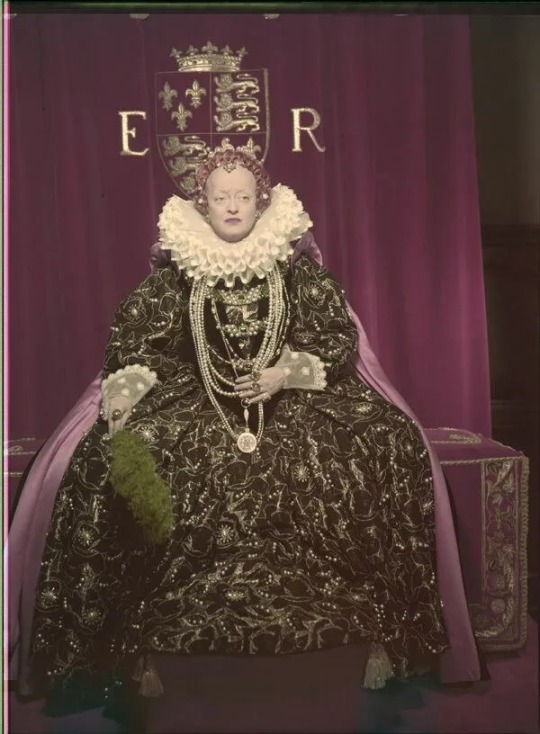
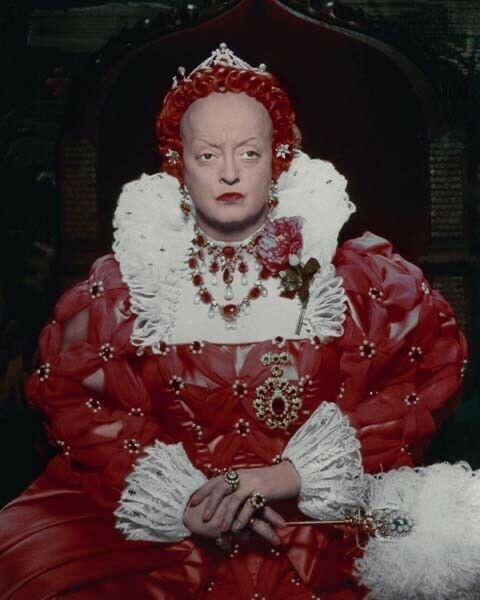
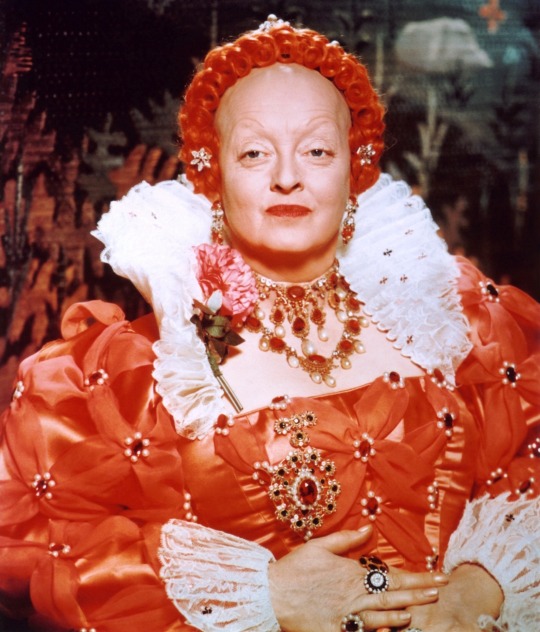

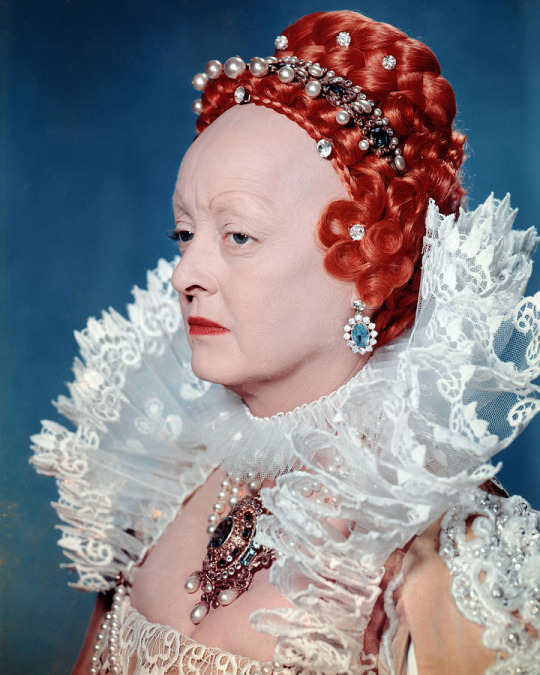
Hollywood Legend, Bette Davis, as Elizabeth I
#I didn’t label yo movie bc I’m not 100% on which one#pretty sure it’s the Virgin Queen 1955#but it might be#the private lives of elizabeth and essex#or both#idk#yall have no idea#how much I love Bette#she’s an icon#bette davis#elizabeth the first#elizabethan england#elizabeth tudor#elizabeth i#elizabeth i of england#queen elizabeth i#old hollywood#old hollywood stars#vintage films#vintage movies#vintage photography#vintage hollywood#vintage film#classic hollywood#hollywood#golden age of cinema
10 notes
·
View notes
Text





sarah bolger icon
like or reblog if you save
28 notes
·
View notes
Text
imagine being known to court and history as gay boy lastname. Couldnt be me. Now my man Gentle Norris on the other hand
#gentle norris#gay ass name#henry norris#wolf hall#the tudors#tudor history#henry viii#alex funky text posts#nearly wrote gender notris#gender norris#icon
10 notes
·
View notes
Photo

History is a set of skills rather than a narrative.
- Hilary Mantel
Growing up I was not a huge fan of the Tudor Age as I was of other historical ages such as the as Ancient Classical world or modern history. I don’t know why that was exactly. Perhaps it was the way history was taught at school. With the Tudor Age it was: divorced, beheaded, died; divorced, beheaded, survived. Those six words, resonanted with almost anyone who went to school in Britain, to become shorthand for the extraordinary story of Henry VIII and his six wives. But I credit Hilary Mantel for pulling me back into that crucial period in Britain’s history to what it is today. As much as the curmudgeonly Cambridge historian, David Starkey, was annoyed by historicital value of Hilary Mantel’s writings (claims made by her fans not her), it was she who led me to his historical works. And I love David Starkey.

The story of Henry VIII and his six wives is one of the most potent historical brands in our collective consciousness, but its combination of outrageous drama with intense familiarity means it can morph all too easily into soap opera.
It almost felt there was nothing new to say about the period. And, for a long time, there wasn’t. Then, in 2009, Hilary Mantel published Wolf Hall, the first volume of a trilogy set in the 1500s. But instead of treading well-worn ground – Henry VIII’s shenanigans and the sad yet ultimately one-dimensional stories of his six spouses – Mantel offered something new: an intricate look at the extraordinary rise of Thomas Cromwell, from boy soldier to one of Henry’s most trusted advisors.
Hilary Mantel had this ability to get deep within the minds of her subjects, capturing the essence of a voice in a way that somehow profoundly intertwined a character with you as you read. And really, she wasn’t writing about royalty in the way that other historical fiction authors had in the past: she was writing about the people behind the figureheads, the power struggles, the calculations of history, grief, love, anger, revenge – all themes that resonate throughout the ages. She wrote with feeling, but also with a precision, clarity, and wit that was unparalleled.

It’s worth recalling that, before Mantel, Thomas Cromwell barely inhabited the public imagination: if recognised at all, he was often conflated with his distant descendant Oliver Cromwell. Today, he has supplanted in our imagination that “man for all seasons” Thomas More, in whose conviction and execution for treason Cromwell himself played a key role.
Mantel said that, before she wrote Wolf Hall, Thomas Cromwell was “under-imagined”. She’s entirely right but, strangely, I think the same has also been true of the period’s marquee names. Because we know in advance exactly how the plot will unfold, we tend to overlook its strangeness, its horror, its unpredictability, its astonishing complexity. Hilary Mantel changed all that.
Readers and critics alike found Mantel’s approach an original and welcome addition to Tudor fiction, as it offered something genuinely different and unfamiliar. Historian Thomas Penn, author of Winter King: The Dawn of Tudor England, says that while ‘the Tudors have always been box-office… Hilary Mantel’s novels have allowed people to imagine them in a new light’.
Mantel had a lyrical sense of the irreducible strangeness of the world, with its vivid moments of beauty and threat, but this was never removed from her understanding of the moral imperatives of our shared responsibilities. She was never a neutral observer of the ebb and flow of history.

It is striking that in the many well deserved obituaries of Hilary Mantel they all pay tribute to her ability to transport the reader to another time, but they often fail to appreciate that Mantel never treated history as a set. Rather, the past in her novels is alive, a place with real implications for the present. What I mean to say is that Mantel approached her subjects not only as a novelist, but also as a historian - demanding of the past not merely scenery but also meaning, an argument, something that might help us explain who we are today.
The trilogy composed of Wolf Hall (2009), Bring Up the Bodies (2012), and The Mirror and the Light (2020) concerns Thomas Cromwell, Henry VIII’s chief advisor from the early 1530s until his execution in 1540. He was also the great-great-granduncle of Oliver Cromwell. For a long time, historians thought of Cromwell as a goon, Henry’s henchman who battered down the doors of English monasteries and engineered executions of the king’s enemies (until he himself fell beneath the axe).
But in later works of history, especially those by the doyenne of Tudor period history, the historian Sir Geoffrey Elton, Thomas Cromwell came to be seen as a more sophisticated operator, someone who fundamentally rethought the English monarchy and, in a certain sense, invented the modern state with all its peculiarities. When Henry wanted a divorce from his first wife, the Spanish princess Catherine of Aragon, his chief minister Cardinal Thomas Wolsey, at the time Cromwell’s patron, could not provide it. Cromwell could. Working through parliament, he severed England’s ties to the Vatican and, a firm proponent of the Reformation, set about creating a Protestant Church of England under the monarch. In so doing he affirmed royal supremacy in government while building new bureaucracies to oversee the Church and the revenues it brought to state coffers. Here, goes the argument, are the origins of our modern state, in Henry’s need for an heir and Cromwell’s desire to reform the Church.

This is the argument of Mantel’s trilogy, too. Following the course of Cromwell’s life, she gives us a shoulder perch to his rise from blacksmith’s son to European mercenary to lawyer to member of the privy council to, briefly, Earl of Essex. He’s a commoner, though, which the lords and ladies of court never once let him forget. His use to the king must be distinctive, then: his command of numbers, his talent for getting people to do what Henry wants. And, yes, his willingness to plunder the riches of the Church - its fattened abbeys and monasteries - to keep the state solvent.
Sinister is one word for Cromwell. Mantel doesn’t deny it. While he needs the Boleyns to force the break with Rome, he is happy to later take revenge against them for their role in Wolsey’s downfall. Of Anne, he thinks to himself, “If need be, I can separate you from history.” With an equal coolness, he soon separates her from her head. There’s something positively Hegelian about Cromwell’s perspective. Indeed, the philosopher once wrote of how great men of history “fall off like empty hulls from the kernel” after “their objective is attained.”
But Mantel is not Hegel. It doesn’t do justice to her empathy. It’s not only that she is arguing that the modern state emerged from the Tudor court, it is also that it emerged from the very particular constellation of individuals and their peculiar desires. It’s one thing to say Cromwell invented the modern state by codifying England’s territorial sovereignty, rationalising government through bureaucracy, and elevating parliament’s legislative role. It’s another to understand his grief at Wolsey’s demise, to comprehend his rage against the Boleyns, to feel his anxiety that if he cannot satisfy Henry’s whims, he may be next on the scaffold. Mantel has a deep sense of the past, the ability “to feel history through your skin,” as she once put it.

Thus, we care about Thomas Cromwell and what happens to him not only because Mantel portrays him in such vivid detail, but also because we sense the world-historical purpose he drags behind him. We sense that there is a reason to his actions that continue to shape the world we inhabit today. And after decades of neoliberal reforms that have lopped off the wings of the state, we have need today for figures like Thomas Cromwell who perceived in the state its vast human potential.
This is what the best historians do. It’s a way of thinking about the past that Walter Benjamin described, while on the run from the Nazis, in ‘Theses on the Philosophy of History’ (1940). Today, some still consider history to be nothing more than the dry recitation of facts - “telling the sequence of events like the beads of a rosary,” in his withering formulation. Benjamin instead advocated for a kind of historical writing that would “blast open the continuum of history,” one that would put the present in “constellation” with earlier eras in the knowledge that “even the dead will not be safe.” It’s writing history with fire. I can agree with the spirit if not quite the practice. But so often those who try it do it with clumsily and with ideological baggage. Mantel painted her prose with a light brush.

Hilary Mantel’s genius was that she knew instinctively where a historian couldn’t go, and consequently where she, as a novelist, could. This is just one of the reasons why she was able to summon up a fully realised world, and why the Wolf Hall trilogy is one of the great fictional achievements of our modern age.
#mantel#hilary mantel#wolf hall#thomas cromwell#tudor age#henry VIII#history#tudor period#literature#author#writer#books#reading#british history#british#icon#culture#arts
68 notes
·
View notes
Text
You know I think tumblr was too harsh on the Hamilton fandom. Sure they were A Lot, but you know. And its peak the fandom was mostly just cringe 15 year olds. Musical fans can be much, much worse than that.
#Miku Binder Thomas Jefferson and the cannibal mermaids were iconic but like#I've been in both the Heathers fandom AND the Lion King fandom. I KNOW how bad it can get#I'm a Les Mis fan. I'm a fan of real life Tudor history who's tussled with the Six fandom. You can't hurt me
19 notes
·
View notes
Text
“You think you know a story, but you only know how it ends. To get to the heart of the story, you have to go back to the beginning.”
11 notes
·
View notes
Photo






icons of Alicia von Rittberg in Becoming Elizabeth (promo) as Elizabeth Tudor
#alicia von rittberg icons#becomingelizabethedit#period fc#aliciavonrittbergedit#dailytudors#elizabeth tudor#queen elizabeth#alicia von rittberg#becoming elizabeth#rp icons#icons#rpg resource#*icons#*mine
46 notes
·
View notes
Text






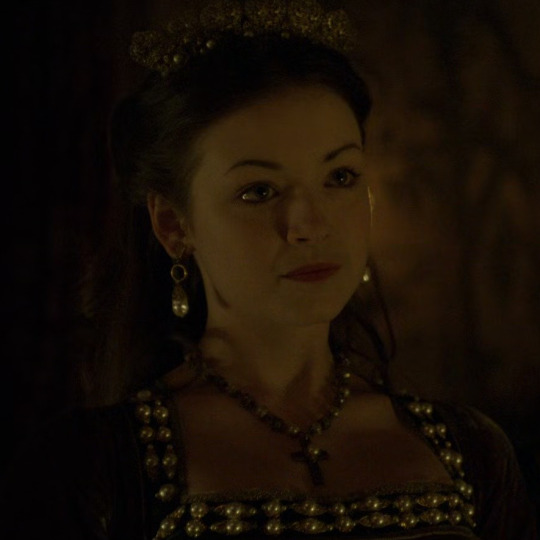

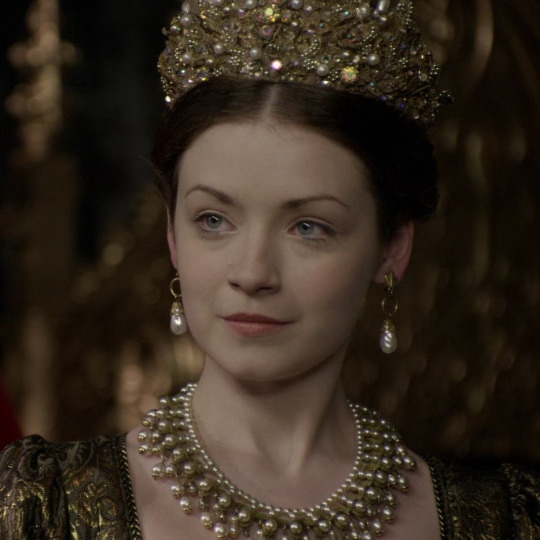
mary tudor icons
please, like and reblog if you save
screencaps from sarah bolger brasil
#mary tudor#mary tudor icons#mary tudor packs#mary tudor layouts#the tudors#the tudor dynasty#the tudors icons#period drama#period drama icons#period drama shows#women icons#icons#girls icons#random icons#girls#icon#psd#random#site model#icons without psd#random girls#female icons#female character#site model girls#site model girls icons#icons for twitter#icons for fan pages#sarah bolger#sarah bolger icons#sarah bolger packs
31 notes
·
View notes
Text


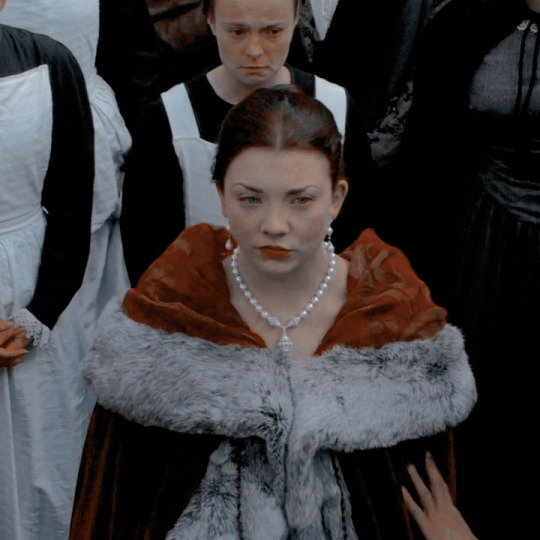






#natalie dormer icons#natalie dormer#icons with psd#psd icons#the tudors#the tudors icons#anne boleyn icons#anne boleyn#tv series#tv series icons#actress icons#actress
32 notes
·
View notes
Text









August Walker - Mission: Impossible: Fallout, 2018
#mission impossible: fallout#mission impossible: fallout icons#mission: impossible - fallout#august walker#august walker icons#henry cavill#henry cavill icons#icons#icons with psd#geralt of rivia#geralt of rivia icons#the witcher#the witcher icons#charles brandon#charles brandon icons#mission impossible#the tudors#henrycavilledit#night hunter#henry cavill characters#icons henry cavill#night hunter icons#icons night hunter#movie icons#icons movie#movie#night hunter movie#walter marshall icons#icons walter marshall#movies icons
115 notes
·
View notes